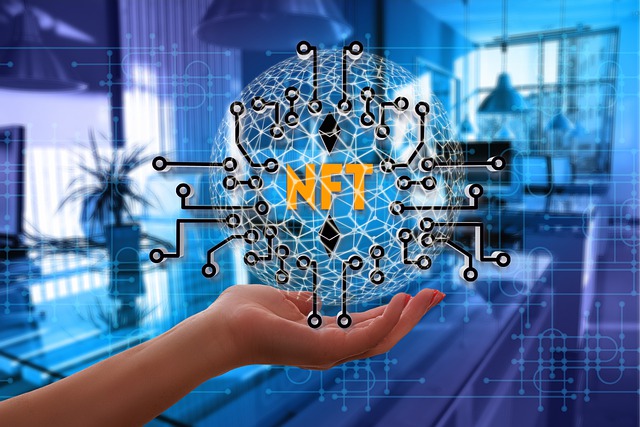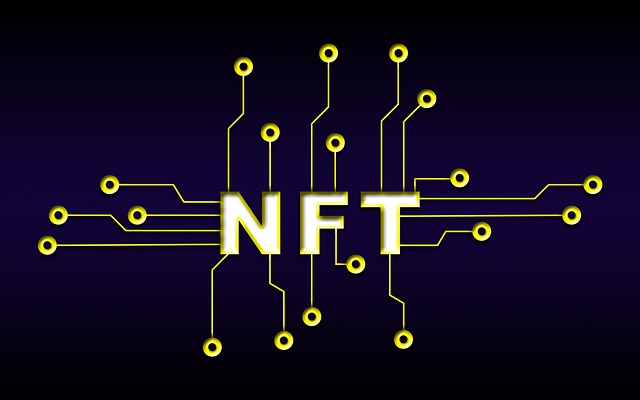Blockchain for NFTs: How to create nft industry based blockchain
New FinTechs and new industries are emerging at a fast pace. The rise of blockchain has resulted in new financial services that have not existed before. While some new digital assets have been created on other blockchains, they are not yet tradable within the broader ecosystem. NewFinTech is a comprehensive look at the latest trends, technologies and strategies in the global financial technology sector. This article explores how blockchain can be used to tokenize non-finance assets (“Non-Finance Tokens’). NFTs are digital representations of real-world assets such as securities, deeds or art. They represent ownership in real-world assets and can be traded, transferred, exchanged or identified with their owners by using smart contracts on a blockchain network.
What is a Non-Finance Token?
Non-Finance tokens are digital assets that represent physical assets. For example, a token representing a piece of artwork can be tracked on a blockchain through a smart contract. It can also represent an ownership interest in a real-world asset like a piece of property or stocks. Non-Finance tokens can be created to represent a lot of different assets. Asset types include artwork, collectibles, stocks, real estate, bonds and even brands. The tokens can be created to represent ownership of real-world assets, with the tokens representing the asset itself. This can be used in the art market where tokens represent pieces of artwork or collectibles, or it can be used in the stock market to represent ownership of companies.
Why Create NFT industry based Blockchain?
Blockchain provides the ideal infrastructure for creating, managing and tracking the ownership of non-finance assets. There are several key advantages to create nft industry based blockchain. First, it is a proven technology that has been around for a long time and can be trusted to store and transfer assets. Second, it enables decentralized trust. A central authority doesn’t manage and operate the infrastructure, so it can be trusted by those issuing and trading the tokens. Third, blockchain offers accountability and transparency. Transactions are public and easily verifiable, so owners can audit and confirm the transfer of assets. Fourth, blockchain provides a wide range of features to make managing and trading non-finance tokens easy. These include asset name management, digital rights management, and Know Your Customer (KYC) and Anti-Money Laundering (AML) features.


